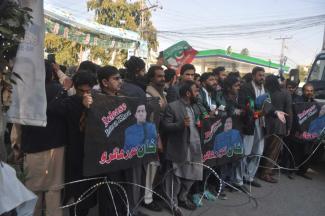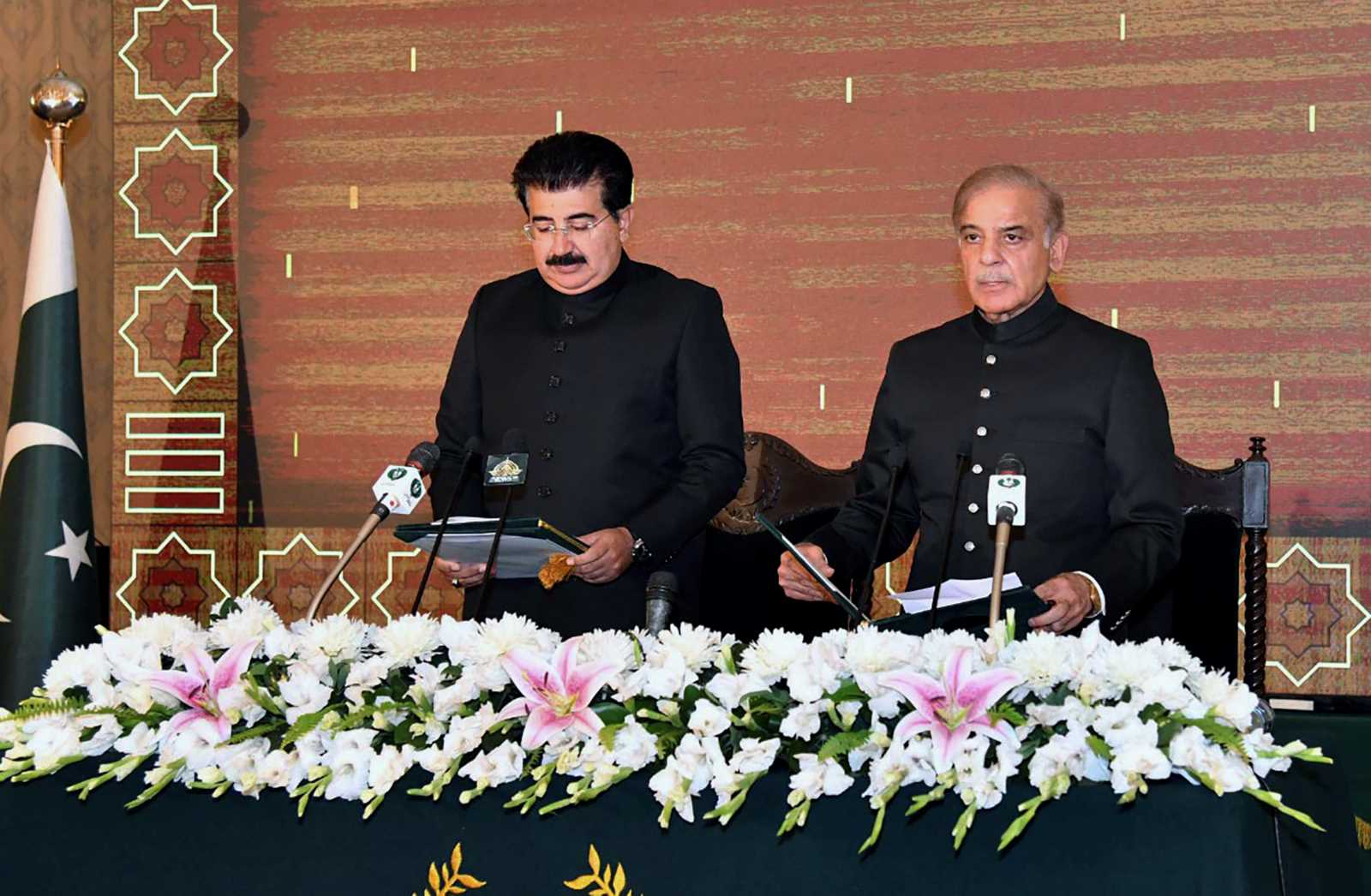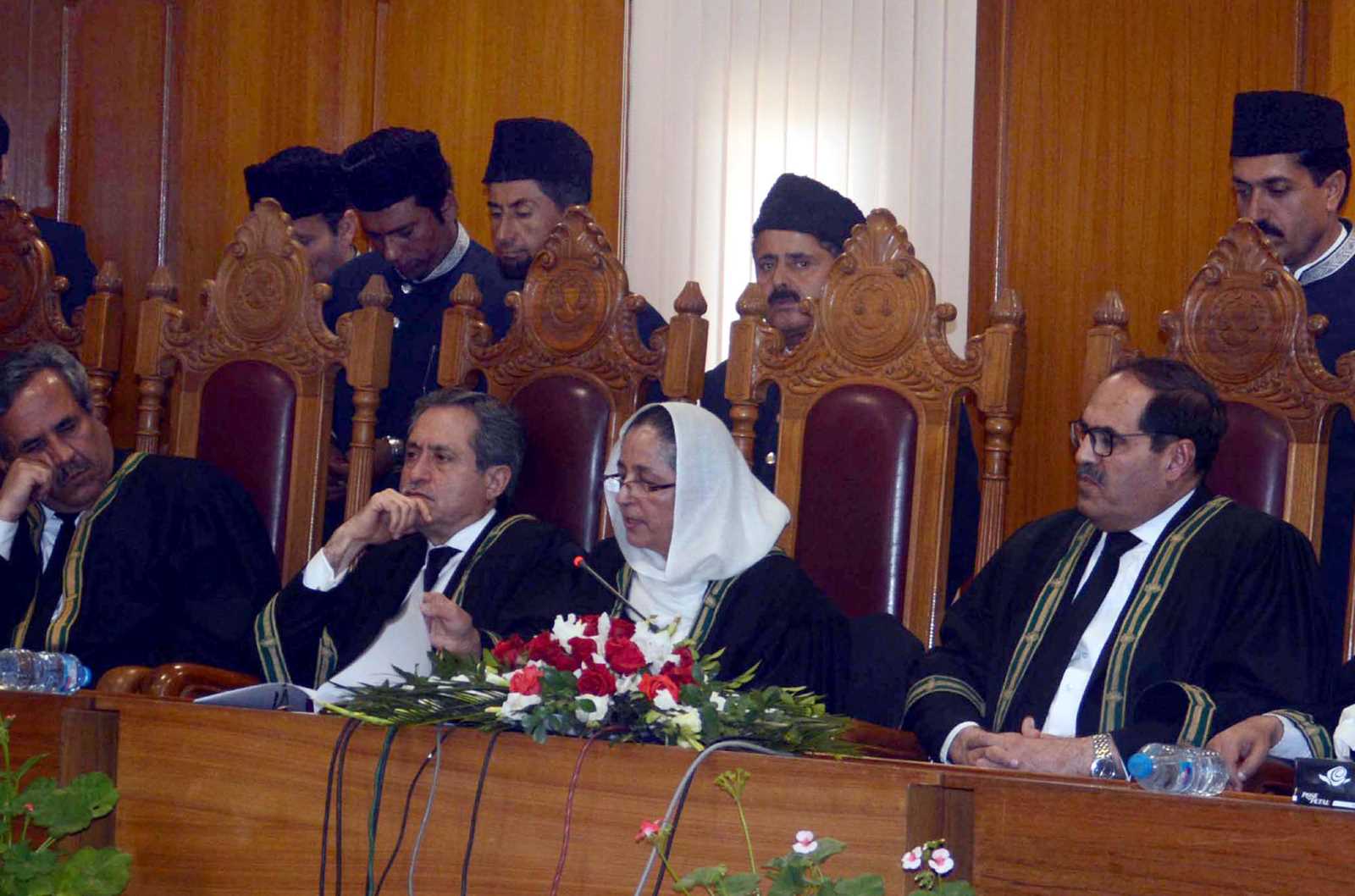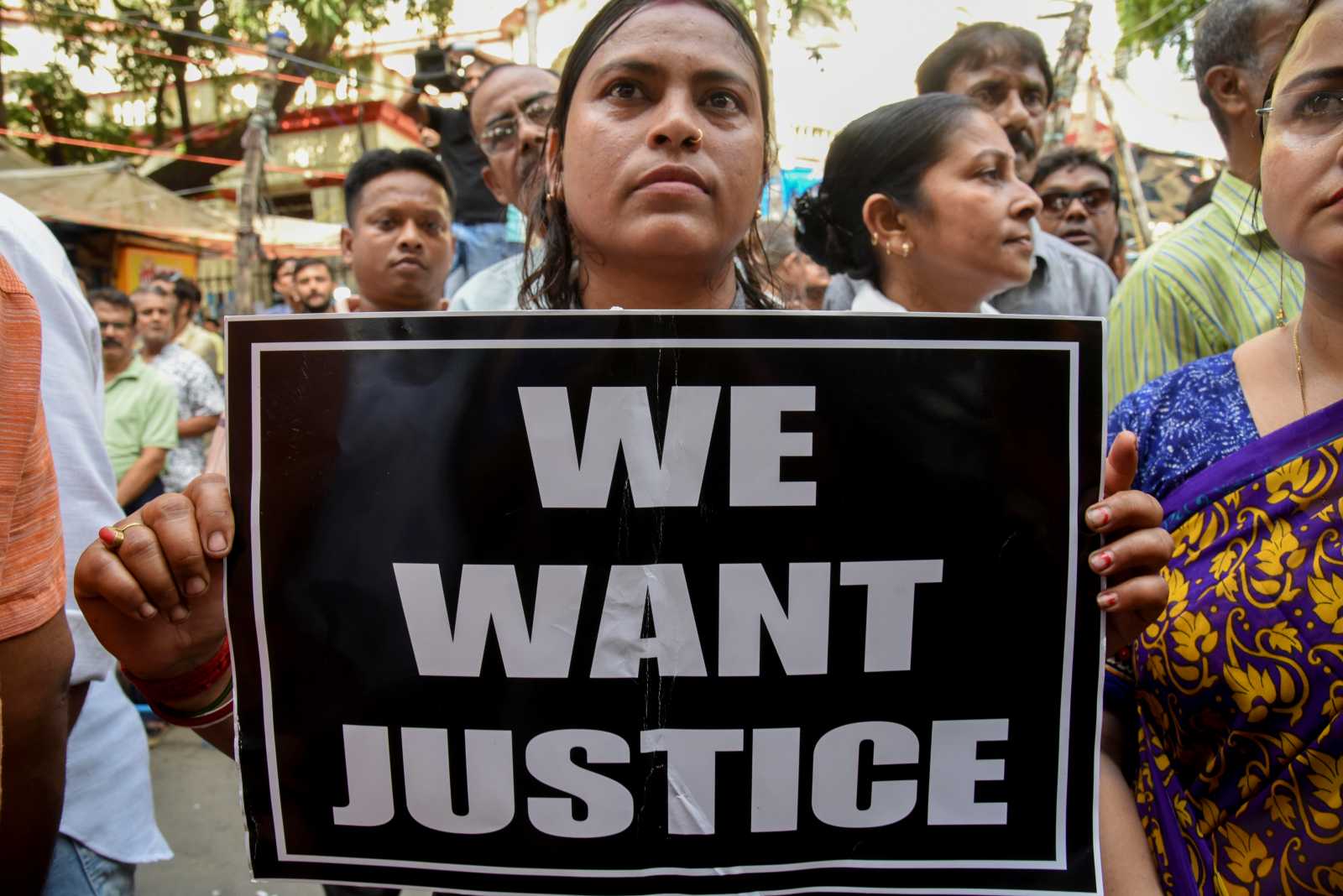Pakistan’s elections
Tangible action needed in Pakistan

The new coalition largely resembles the previous one, which was considered weak. Once more, Shehbaz Sharif is the prime minister. He is the brother of the more charismatic Nawaz Sharif who has served as head of government several times. Their Pakistan Muslim League-Nawaz (PML-N) has again forged an alliance with its archrival Pakistan People’s Party (PPP) and several smaller parties. The leader of the PPP is Bilawal Bhutto-Zardari, the son of Benazir Bhutto, Pakistan’s only female prime minister, who was murdered during the 2007 election campaign. Asif Zardari, the co-chairperson of PPP, has been elected as the country’s President for the second time.
This awkward alliance had a tough time in the recent campaign. Though populist ex-Prime Minister Imran Khan was found guilty of corruption and breaching governmental secrets, he is still quite popular. The Supreme Court decided candidates of his party PTI (Pakistan Tehreek-e-Insaf) could not run under its name because it had failed to conduct internal polls properly. They therefore ran as independents and won a sizeable number of seats, including in three of four provincial assemblies.
Immediately after the election, various parties and foreign governments expressed criticism. Khan’s PTI organised protests and claimed it had been hurt by cheating. Several participants were arrested and rallies were stopped. Some of those arrested are prominent personalities. The Free and Fair Elections Network, to which several civil-society organisations belong, has also expressed doubts, stating, for example, that results were published too slowly.
The mandate of the new parliament is weak as voter turnout declined by another five percentage points to not quite 47 %. One reason is that the government had shut down the internet and mobile-phone networks on election day, so people who rely on digital services like Uber found it more difficult to get to polling stations.
The fragile security situation certainly contributed to low voter turnout as well. Before the election, terrorist attacks had claimed lives in the provinces of Baluchistan and Khyber Pakhtunkhwa. Some were perpetrated by the terror militia ISIS, which wants to undermine Pakistan’s democratic development. More violence followed during the election. An influential policymaker of the party National Democratic Movement (NDM) suffered serious injuries, for example.
Security is only one of the topics which the new government must urgently tackle. It must also get a grip on inflation and stabilise the economy. Moreover, it must prepare the country for the heavy monsoon rains which will start soon. Disaster preparedness and power supply must improve, as Pakistan is increasingly exposed to unpredictable climate impacts. Especially in major urban areas, air pollution is a huge problem too. The country’s infrastructure is poor, not only in the fields of health and education.
In its platform, the PML-N promised better electric-power supply, economic reforms and support for various sectors including IT, agriculture, tourism and electric vehicles. The PPP emphasised education issues and renewable energy. However, there is reason to doubt that the coalition parties can fulfil such expectations. Indeed, the new government has already fallen short in regard to putting women in positions of leadership. Only one woman is among the 21 members of the new cabinet. The provincial cabinets fall short on gender parity too.
Pakistanis have been suffering serious hardship due to the economic crisis and various natural disasters. At a time when devastating flooding is again submerging large parts of Baluchistan, they are tired of hearing nice political rhetoric on the news channels. The government must rise to the huge challenges. Otherwise, it will fail to inspire new trust in democratic institutions. Achieving that is arguably its most important task in view of the deep frustration of masses of citizens.
Marva Khan is an assistant professor of law at LUMS (Lahore University of Management Sciences) and a co-founder of the Pakistani Feminist Judgments Project.
marva.khan@lums.edu.pk














